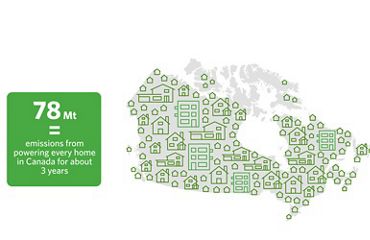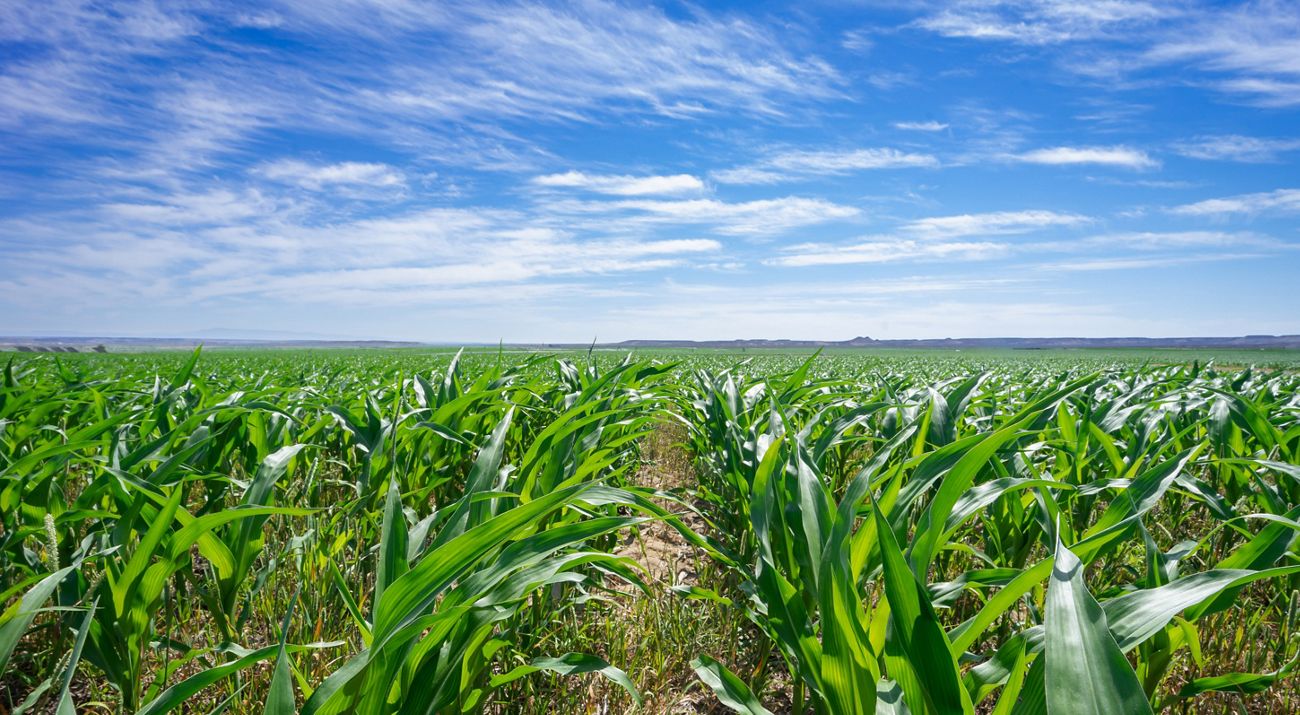Canada Needs Agricultural Solutions to Climate Change
In the fight against climate change, farmers' role in reducing emissions will be vital for meeting Canada’s 2030 goals.
Farmers are facing increasing drought, flooding, and depleted soils, but there are opportunities we can act on now to support their resilience. And as allies in the fight against climate change, their role in reducing emissions will be vital for meeting Canada’s 2030 goals, as well as fueling a green economic transition.
NCS in Canada's Next Ag Policy Framework
Five steps towards a resilient, competitive and climate-smart Canadian agricultural sector. Download Now
Broadly speaking, Natural Climate Solutions are efforts to protect, restore and manage nature that reduce greenhouse gas (GHG) emissions, as well as increase resiliency, biodiversity protection, and cultural, health and other social and environmental benefits. In agriculture, these solutions include preserving grasslands and wetlands, reduced tillage, cover cropping and converting crop residue into biochar.
Quote

In 2021, Nature United and 16 other institutions led a study showing the potential of Natural Climate Solutions to reduce Canada’s GHG emissions by 78 Mt CO2e annually in 2030—an amount equal to 11% of our 2018 annual emissions.
Fifteen of the 24 pathways identified in the study can be accessible to farmers now and will deliver significant emissions reductions that count toward Canada’s national inventory. Many of these are becoming more popular. But with just two to 10% of Canadian famers planting cover crops each year to give just one example—the runway to deploy new nature- and climate-smart practices stretches over millions of hectares of croplands.
The business case for agricultural Natural Climate Solutions is also increasingly clear. These solutions can be cost-effective and can increase farmers’ revenues by up to 30%. Amid losses due to drought, flooding and other extreme weather, agricultural Natural Climate Solutions can support adaptive benefits such as water retention, drainage and erosion avoidance. Perhaps most importantly, a growing number of agri-food producers have made net-zero commitments and are looking deep into their value chains to find emissions cuts and sequestration opportunities.
Quote
These solutions can be cost-effective and can increase farmers’ revenues by up to 30%.
Agricultural Natural Climate Solutions can also help governments achieve existing commitments, including the global methane pledge and the target to reduce N20 emissions from fertilizers. And adopting nature-smart agriculture is becoming urgent for maintaining Canadian producers’ competitive edge amid changing consumer tastes and policy frameworks in other jurisdictions.
To make the shift, Canadian producers need financial incentives and support, linked to data-driven programs showing the opportunities, challenges and potential return on investment associated with new practices. Several key opportunities on the policy agenda have already contributed to this end, with more opportunities to follow.
First, agricultural Natural Climate Solutions was firmly anchored as a sectoral strategy in the Emissions Reduction Plan released in March. The ERP is a key source of accountability across federal departments, including many that are just beginning to play a part in climate mitigation. The ERP is critical for mobilizing the contributions of the Department of Agriculture and Agri-Food Canada and its stakeholders towards Canada’s net-zero target.
Second, the federal budget that was announced in April affirmed the government’s commitment to agricultural climate solutions. Budget 2022 confirmed $9.1 billion in climate-related spending, including $780 million over five years to expand the natural climate solutions fund and $719 million worth of investments in agricultre related solutions.
Next up, national, provincial and territorial agriculture ministers must ensure that Canada’s next Agricultural Policy Framework fully embraces the potential of agricultural Natural Climate Solutions to confront the climate crisis and help build a more resilient and prosperous food system. Farmers need reliable metrics to evaluate the environmental and economic impacts of adopting different practices on their farms or ranches. They need extension services focused on new practices and carbon opportunities. And they need enabling markets that reward climate-smart choices.
Farmers and agriculture-dependent communities are among those already hit hardest by climate change. With just eight years to avoid the worst of those impacts, the measures we take today can help them be key contributors to and beneficiaries of the greener and more resilient economies of tomorrow.
Originally published in The Hill Times
March 28, 2022

